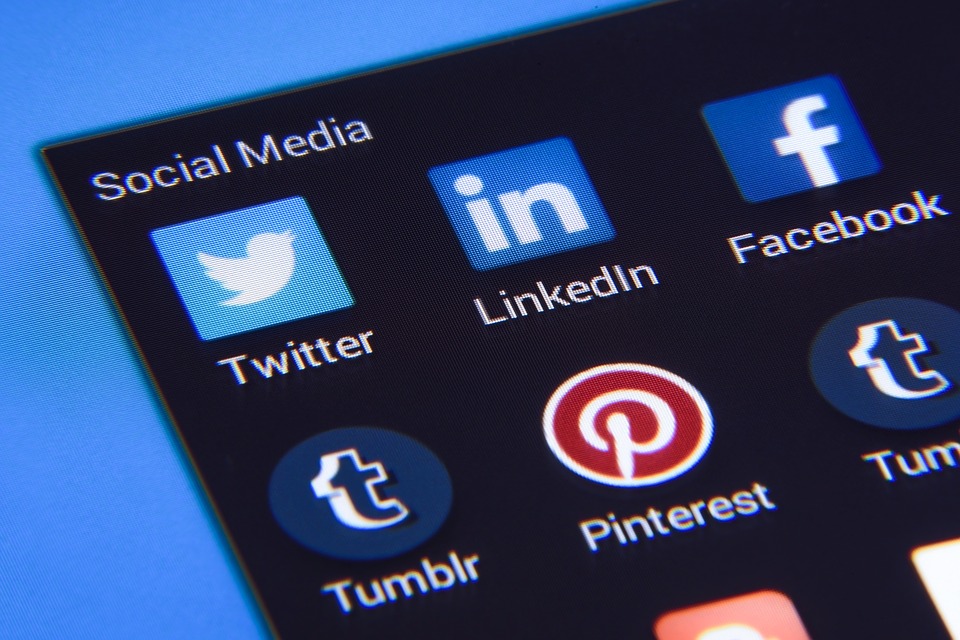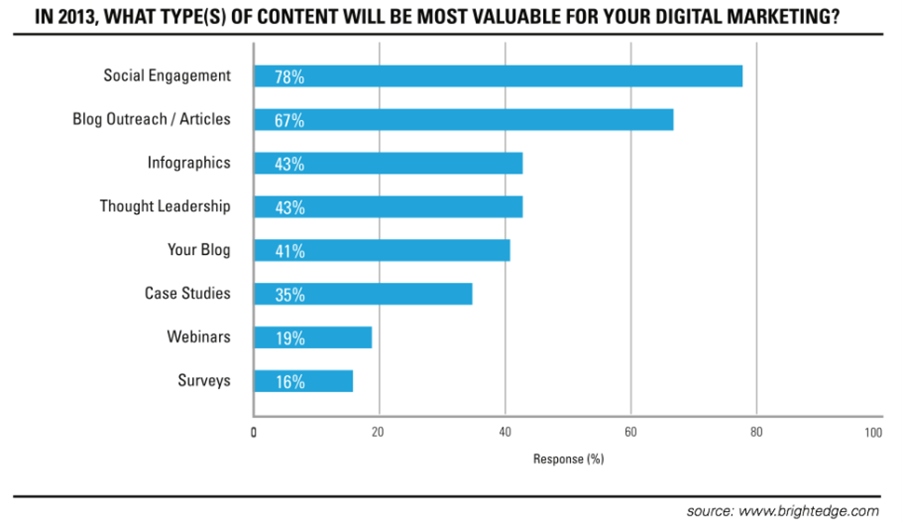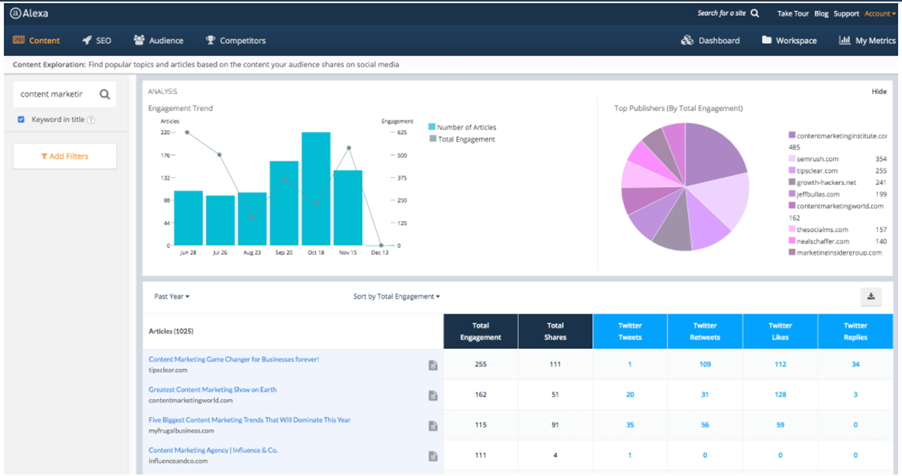Digital marketing has evolved greatly since its inception. In the present day and age, Search Engine Optimization (SEM) has gone far beyond merely using keywords to attract attention, with Search Engine Marketing agencies being all the rage nowadays. You can make use of several advertising channels to build up your brand and strengthen your Search Engine Optimization (SEO) game.
One of these channels is through social media. Basically, social media marketing refers to the use of social media platforms like Facebook, Instagram, Twitter, etc., to build brand recognition, drive engagement on your website, and increase sales. This form of marketing is gaining popularity fast, as almost all your potential customers are now active on social media.
The term Social Media SEO relates to the activities on social media that can increase your organic traffic and lead to higher search engine rankings. There is an indirect connection between social media and SEO. The reputation and following you create on a social media platform translate to higher website traffic and eventually more revenue.
However, you may ask, does social media directly affect search engine rankings? Does Google rely on social media posts to boost the visibility of a website? The answer to both questions is No. Yet, social media holds great importance in building digital marketing. Find out how.
How Social Media Affects SEO
There are many indirect impacts of social media promotion on SEO. Here’s how social media marketing contributes to SEO.
1. Creates link opportunities
In a 2014 Google Webmasters video, Matt Cutts, the Google webspam team’s head, explained that social media sites are treated like any other site on the internet. Google doesn’t lend authority to a website based on social media posts, as the origin of these posts are unverified.
However, posting on social media will allow people to link content to your website. It gives a platform for your links to be more visible, and creates references and back-links to your content. Besides, if the links are on social media, more people will click on it and your website visitors will increase.
The Brightedge Search Marketer Survey found that over 78% of social marketers and Search Engine Marketing agencies prioritized social media as the best digital marketing tool.
2. Increases reach and organic traffic
The time has come when we look toward social media for recommendations, services, and businesses. Facebook has started a section on its platform called the Marketplace, which allows anyone to post sales listings. In such a scenario, advertising on social media ensures your content has the maximum reach.
It is easy to access your target audience through social media posts and paid campaigns. Once you successfully build a brand reputation, the organic traffic on your website goes up. This leads to higher search rankings and overall impacts the SEO majorly.
3. Helps to track keywords and trends
In this hashtag era, one look at social media can tell you, which topics are trending and how to harness the trends. For instance, when a new phone is launched, all tech channels talk about it on social media. The trending videos can clue the seller into what is the most talked about feature of the phone.
When Apple released the iPhone 6, the “Bendgate scandal” scandal was born. People around the world demonstrated how the phone would bend even with hard finger pressure, which allowed Apple to release a statement regarding this.
Many tools on the internet help you track the trending keywords and viral content on social media. You can use those to make your SEO stronger.
4. Boosts branded search results
Branded search results refer to the search engine results which pop up when you enter the name of the brand while searching. Maintaining active social media profiles is a big advantage in this zone. A social media presence ensures your Twitter or Facebook profile shows up when searching for your brand.
This lends huge credibility to your content and can assure users that you actively engage with customers. A dormant social profile can be a deterrent in this scenario. It may raise doubts about your customer service and after-sales maintenance. The viewer may feel that a business won’t tend to customer issues if they don’t run their social media page actively.
5. Builds engagement and reputation
It is evident that a social media reputation gets more potential customers to want to check out a brand’s website. In this case, paid campaigns are also quite helpful. When your content gets more visibility on Facebook or Twitter, your number of followers will also increase.
Once a user comes across brand listings frequently, they will subconsciously want to know more about the content or product. This may lead to website visits, page engagement, and even sales.
Your social media posts must be engaging, and invite active participation from users. Social media challenges can achieve that pretty effectively. The Kiki challenge of 2018 involved jumping out of a car and dancing alongside it to Drake’s “Kiki Do You Love Me” song. This challenge went viral in no time and spread like wildfire across the world.
6. Increases the lifespan of your post
Millions of blog posts are written every day. With such huge numbers, your posts may get buried and lost from visibility after a few days. A social media profile helps in dealing with this issue. Your posts are listed on your page, which anyone can visit and access.
If you keep pushing your posts on intervals, it ensures your viewers remain acquainted with the offering. This leads to more recall value and better brand reputation. Building brand loyalty among customers can even trump SEO in certain cases as buyers will specifically search for you, even if other options are listed first.
How SEO and Social Media Are Merging
SEO and Social Media help each other to build links, create engagement, increase organic traffic, and boost search engine ranking. Harnessing the power of both these platforms will lead to a more successful business and a better understanding of your digital marketing needs.
On social media, you can study the audience and their inclination towards keywords and aspects. Using SEO, you can research what topics are trending among your audience.
Here are some tips to effectively use social media to improve SEO:
- Share your content or blog posts on social platforms.
- Build an active and engaging profile.
- Optimize your Facebook or Twitter account with targeted keywords.
- Be regular on social media and engage with your followers.
- Consider collaborating with social media influencers.
- Post direct links to your website and create backlinking opportunities.
- Work towards growing your follower base.
- Perform keyword research and optimize content accordingly.
- Use images, hashtags, and videos with your content on social media.
Conclusion
One out of every four people in the world has a Facebook account. The immense power of social media has now taken over the digital marketing space and done wonders for SEO. Utilizing these platforms to boost search engine rankings is what experts and Search Engine Marketing agencies recommend in the present day and age. So, take your SEO game to the next level by integrating it with social media marketing.










